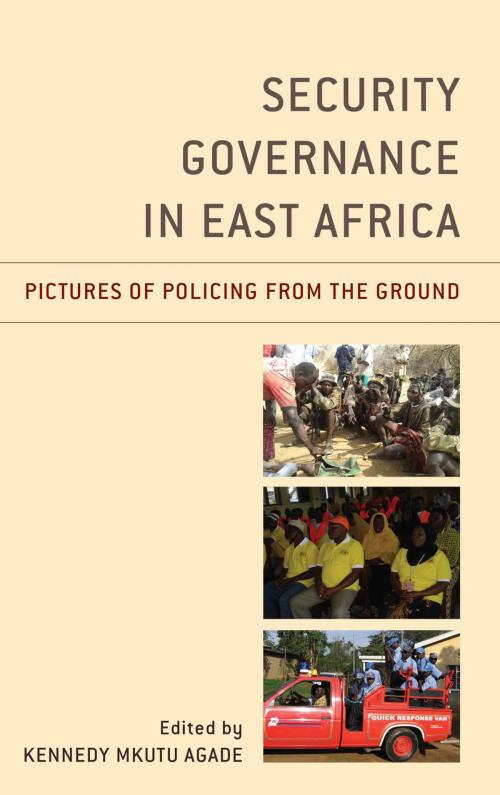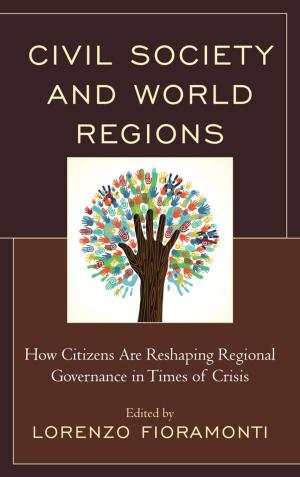Security Governance in East Africa
Pictures of Policing from the Ground
Nonfiction, Social & Cultural Studies, Political Science, Politics, Law Enforcement, International, International Security| Author: | Kennedy Agade Mkutu, Edward Mogire, Doreen Alusa, Laura Wunder, Daniel Nygaard Madsen, Patrick Mutahi, Tom Ogwang, Emmanuel Lameck Mkilia, Venance Shillingi, Perry Stanislas, Lusungu Mbilinyi | ISBN: | 9781498553667 |
| Publisher: | Lexington Books | Publication: | December 15, 2017 |
| Imprint: | Lexington Books | Language: | English |
| Author: | Kennedy Agade Mkutu, Edward Mogire, Doreen Alusa, Laura Wunder, Daniel Nygaard Madsen, Patrick Mutahi, Tom Ogwang, Emmanuel Lameck Mkilia, Venance Shillingi, Perry Stanislas, Lusungu Mbilinyi |
| ISBN: | 9781498553667 |
| Publisher: | Lexington Books |
| Publication: | December 15, 2017 |
| Imprint: | Lexington Books |
| Language: | English |
This collection of cases from East Africa, contributed largely by locally-based authors, explores the increasing security governance phenomenon in the region: that is, the mix of state and non-state actors, including private entities, volunteer auxiliaries, homegrown vigilantes and gangs, and the relationship between police and communities. Local dynamics brought by globalization, liberalization, the new scramble for resource wealth, inequality, and international terrorism are observed in detail, superimposed upon the well-known development challenges, ethnopolitical divides, and patterns of government and security provision which continue to reflect their colonial past. This book raises both practical and theoretical ethical dilemmas of the increasing fragmentation of security functions within Uganda, Kenya, South Sudan, mainland Tanzania, and Zanzibar. It is a vital contribution to the “non-state,” “plural policing” debates and is of both local and global relevance.
This collection of cases from East Africa, contributed largely by locally-based authors, explores the increasing security governance phenomenon in the region: that is, the mix of state and non-state actors, including private entities, volunteer auxiliaries, homegrown vigilantes and gangs, and the relationship between police and communities. Local dynamics brought by globalization, liberalization, the new scramble for resource wealth, inequality, and international terrorism are observed in detail, superimposed upon the well-known development challenges, ethnopolitical divides, and patterns of government and security provision which continue to reflect their colonial past. This book raises both practical and theoretical ethical dilemmas of the increasing fragmentation of security functions within Uganda, Kenya, South Sudan, mainland Tanzania, and Zanzibar. It is a vital contribution to the “non-state,” “plural policing” debates and is of both local and global relevance.















